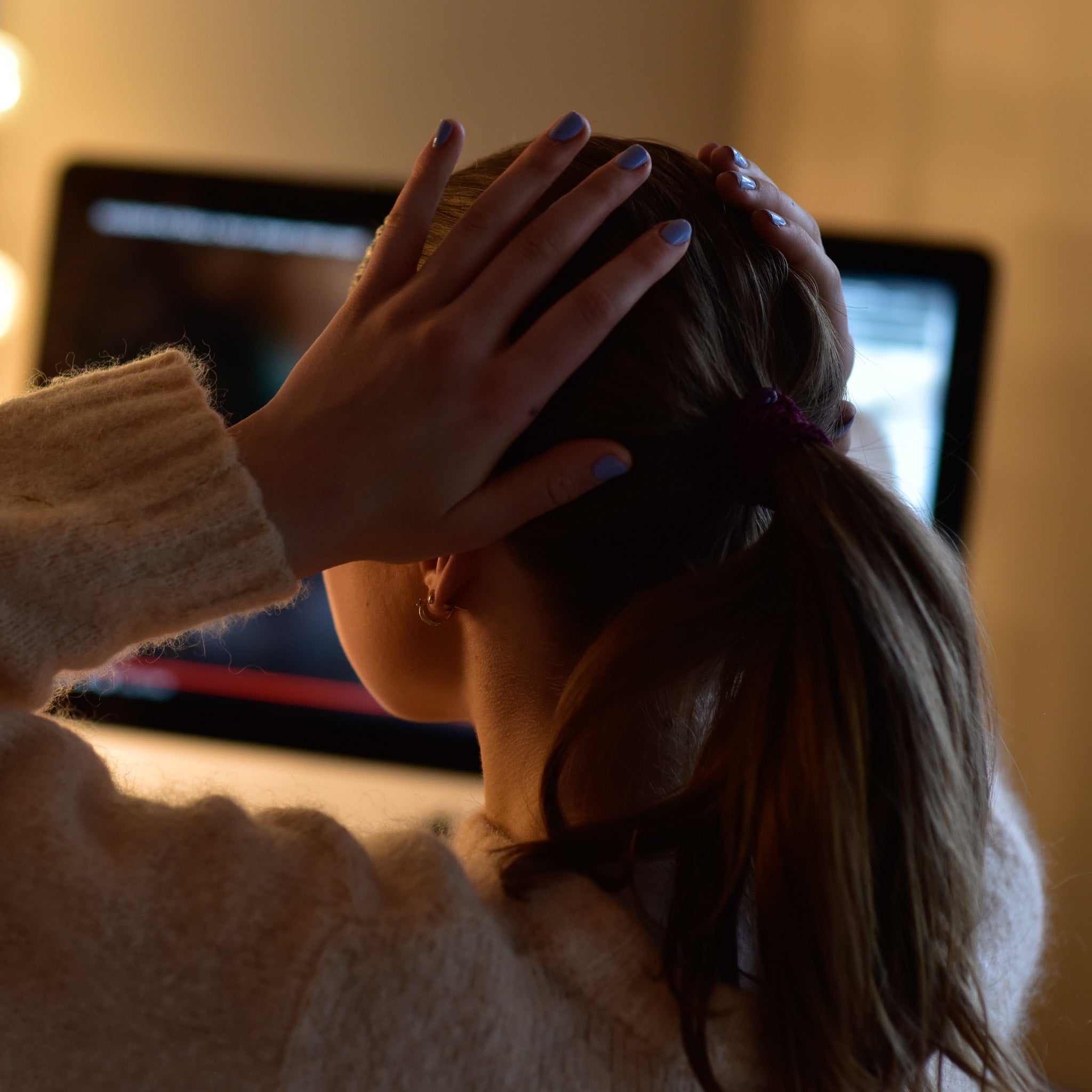


“When we don't talk about sexuality and relationships, young people risk being shaped by norms, myths and the internet instead of knowledge and security.” - Legal Psychologist
How the cards help you
✔ Breaking the taboo – Makes it easier to talk about issues that otherwise feel difficult.
✔ Builds security – Creates respect and understanding in conversations between young people, parents and educators.
✔ Prevents risks – Helps young people reflect on consent, boundaries and responsibility.
✔ Provides knowledge for life – Develops insights about identity, relationships and sexuality that strengthen self-esteem.

Therefore it matters
Young people grow up in a world filled with messages about sex, relationships and bodies — often from social media and porn. Research shows that early, open conversations reduce the risk of unhealthy norms, sexual abuse and mental health problems. The sexuality cards provide a safe structure for conversations that would otherwise not happen — and help young people build self-esteem, respect and understanding for themselves and others.
teacher grade 9“The cards gave us a whole new way of talking in class. Topics that are otherwise difficult became easy to cover.”
Parent“My teenager started asking questions we had never talked about before. It felt safe and important.”
Conversations about sexuality can't wait.
When young people are not given safe spaces to talk, they risk being shaped by myths, norms, and the internet. The Sexuality Cards make it easy to start today — and build understanding, security, and respect that will last a lifetime.
🧠 Psychologist designed • ❤️ Loved by families & schools • 🌱 For lifelong well-being

Sensitive topics and taboos
We have chosen to address controversial and sensitive topics and taboos that, for example, in a film context would have an age limit, or that are generally considered topics for adult sexuality. Although the topics may be perceived as being outside both age, maturity and “mainstream”, many young people are aware of them, may have seen or heard about them (on the internet, via film or social media) but may not have fully understood the context. The risk of having all this information, but not fully understanding the context, is that children and young people are left alone to make their own interpretations. Adults are important here to dare to have the conversation.





